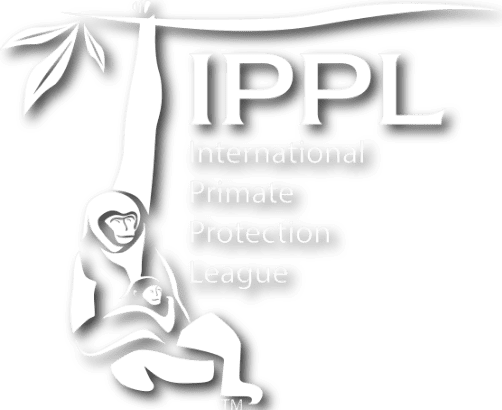IPPL’s Conflict of Interest Policy
International Primate Protection League
Conflict of Interest Policy
SECTION 1. PURPOSE:
International Primate Protection League (“IPPL”) is a nonprofit, tax-exempt organization. Maintenance of its tax-exempt status is important both for its continued financial stability and for public support. Therefore, theIRSas well as state regulatory and tax officials view the operations of International Primate Protection League as a public trust, which is subject to scrutiny by and accountable to such governmental authorities as well as to members of the public.
Consequently, there exists between International Primate Protection League and its board, officers, and management employees and the public a fiduciary duty, which carries with it a broad and unbending duty of loyalty and fidelity. The board, officers, and management employees have the responsibility of administering the affairs of International Primate Protection League honestly and prudently, and of exercising their best care, skill, and judgment for the sole benefit of International Primate Protection League. Those persons shall exercise the utmost good faith in all transactions involved in their duties, and they shall not use their positions with International Primate Protection League or knowledge gained there from for their personal benefit. The interests of the organization must be the first priority in all decisions and actions.
SECTION 2. PERSONS CONCERNED:
This statement is directed not only to directors and officers, but to all employees who can influence the actions of International Primate Protection League. For example, this would include all who make purchasing decisions, all persons who might be described as “management personnel,” and anyone who has proprietary information concerning International Primate Protection League.
SECTION 3. AREAS IN WHICH CONFLICT MAY ARISE:
Conflicts of interest may arise in the relations of directors, officers, and management employees with any of the following third parties:
- Persons and firms supplying goods and services to International Primate Protection League.
- Persons and firms from whom International Primate Protection League leases property and equipment.
- Persons and firms with whom International Primate Protection League is dealing or planning to deal in connection with the gift, purchase or sale of real estate, securities, or other property.
- Competing or affinity organizations.
- Donors and others supporting International Primate Protection League.
- Agencies, organizations, and associations which affect the operations of International Primate Protection League.
- Family members, friends, and other employees.
SECTION 4. NATURE OF CONFLICTING INTEREST:
A conflicting interest may be defined as an interest, direct or indirect, with any persons or firms mentioned in Section 3. Such an interest might arise through:
- Owning stock or holding debt or other proprietary interests in any third party dealing with International Primate Protection League.
- Holding office, serving on the board, participating in management, or being otherwise employed (or formerly employed) with any third party dealing with International Primate Protection League.
- Receiving remuneration for services with respect to individual transactions involving International Primate Protection League.
- Using International Primate Protection League’s time, personnel, equipment, supplies, orgood will for other than International Primate Protection League -approved activities, programs, and purposes.
- Receiving personal gifts or loans from third parties dealing or competing with International Primate Protection League. Receipt of any gift is disapproved except gifts of a value less than $50, which could not be refused without discourtesy. No personal gift of money should ever be accepted.
SECTION 5. INTERPRETATION OF THIS STATEMENT OF POLICY:
The areas of conflicting interest listed in Section 3, and the relations in those areas which may give rise to conflict, as listed in Section 4, are not exhaustive. Conflicts might arise in other areas or through other relations. It is assumed that the directors, officers, and management employees will recognize such areas and relation by analogy.
The fact that one of the interests described in Section 4 exists does not necessarily mean that a conflict exists, or that the conflict, if it exists, is material enough to be of practical importance, or if material, that upon full disclosure of all relevant facts and circumstances it is necessarily adverse to the interests of International Primate Protection League.
However, it is the policy of the board that the existence of any of the interests described in Section 4 shall be disclosed before any transaction is consummated. It shall be the continuing responsibility of the board, officers, and management employees to scrutinize their transactions and outside business interests and relationships for potential conflicts and to immediately make such disclosures.
SECTION 6. DISCLOSURE POLICY AND PROCEDURE:
Transactions with parties with whom a conflicting interest exists may be undertaken only if all of the following are observed:
- The conflicting interest is fully disclosed;
- The person with the conflict of interest is excluded from the discussion and approval of such transaction;
- A competitive bid or comparable valuation exists; and
- The board or a duly constituted committee thereof has determined that the transaction is in the best interest of the organization.
Disclosure in the organization should be made to the Chairperson(or if she or he is the one with the conflict, then to the board), who shall bring the matter to the attention of the board or a duly constituted committee thereof. Disclosure involving directors should be made to the Chairperson, (or if she or he is the one with the conflict, then to another member of the board) who shall bring these matters to the board or a duly constituted committee thereof.
The board or a duly constituted committee thereof shall determine whether a conflict exists and in the case of an existing conflict, whether the contemplated transaction may be authorized as just, fair, and reasonable to International Primate Protection League. The decision of the board or a duly constituted committee thereof on these matters will rest in their sole discretion, and their concern must be the welfare of International Primate Protection League and the advancement of its purpose.

